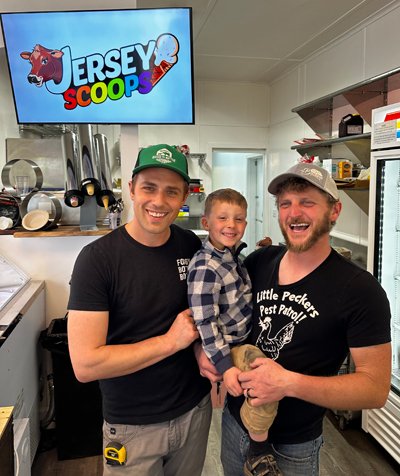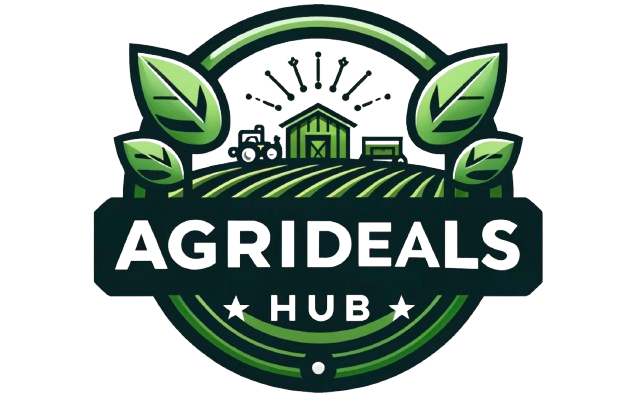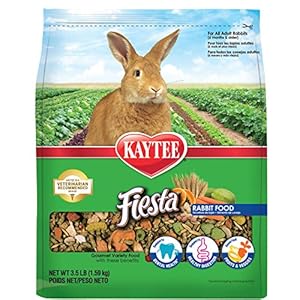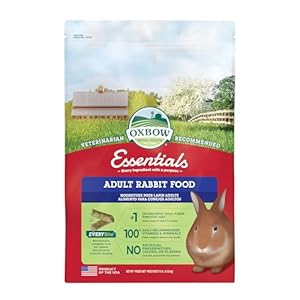
At Jersey Scoops in Loleta, a small, unincorporated group in Northern California’s Humboldt County, the ice cream is as recent because it will get. From pasture to parlor, its natural, butterfat-rich milk travels lower than 10 miles, produced by a herd of Jerseys pasture-raised on the misty coast.
The store’s freshly churned ice cream—with stunning flavors like Foggy Pebbles, made with cereal-soaked milk, and Danish Butter Cookie—has been drawing crowds. Since taking on a long-shuttered creamery earlier this yr, Jersey Scoops has given the sleepy downtown a much-needed increase; prospects routinely spill over to the park throughout the highway, cone in hand, creating a possible motive for brand new companies to fill the empty storefronts that after housed a cheese manufacturing unit, bakery, and laundromat. Past Loleta, Jersey Scoops’ rainbow-labeled pints are making waves at native farmers’ markets, shops, and eating places.
“We need to reinvigorate the group and revive Loleta’s dairy legacy.”
Whereas revitalizing the group, Jersey Scoops provides a high-value outlet for a perishable product, strengthening the trade general. However the house owners of Jersey Scoops didn’t get right here on their very own; they leveraged a $60,000 grant from the Pacific Coast Coalition’s Dairy Business Innovation Initiative (PCC DBII) to safe each the area and tools.
Regardless of the area’s historical past as a dairy powerhouse, regionally made ice cream was beforehand nonexistent, says Thomas Nicholson-Stratton, who launched the enterprise together with his husband, Cody. The ice cream store is an extension of the Nicholson household’s sixth-generation, 120-acre farm in close by Ferndale. Since taking on the dairy a decade in the past and branding it Foggy Bottoms Boys, the couple has been bucking conference and serving to their rural group navigate altering financial tides.

Foggy Bottoms Boys co-owners Thomas and Cody Nicholson-Stratton with their son at Jersey Scoops. (Picture credit score: Will Suiter Pictures)
“We need to reinvigorate the group and revive Loleta’s dairy legacy,” Nicholson-Stratton says of the two,200-square-foot, eight-employee operation, noting the city’s historical past as a key producer of powdered milk. The scoops are additionally a platform for amplifying the dairy’s “very deliberate identify,” he says, derived partly from the farm’s location on the foggy banks of the Eel River, but additionally reflecting its house owners’ humorousness: “We need to diversify the face of farming, as a result of there are few locations the place younger and queer individuals can see themselves within the discipline.”
The PCC DBII is considered one of 4 such initiatives throughout the nation, funded by america Division of Agriculture’s (USDA) Agricultural Advertising Service. The nationwide program helps small and mid-sized dairy producers squeeze extra worth out of milk by diversifying their merchandise and markets, decreasing waste, and innovating packaging and processing. With household dairies drying up in droves—the U.S. has 39 percent fewer dairies than 5 years in the past, regardless of the identical variety of cows producing 5 p.c extra milk—the help aids smaller gamers in countering the forces of an more and more consolidated trade.

A crowd varieties exterior Jersey Scoops throughout its ribbon-cutting weekend. (Picture credit score: Will Suiter Pictures)
The DBII additionally goals to strengthen the financial well being of small and rural communities, says undertaking director Carmen Licon-Cano. Foggy Bottoms Boys ticks lots of the initiative’s containers, creating an area milk product, she says, whereas invigorating a struggling downtown and including a recent tackle the trade. “They’re actually a shining instance of this system.”
Constructing From the Backside Up
California, the nation’s main dairy state, produces nearly a fifth of the U.S. milk provide, totally on industrial farms within the Central Valley. These farms maintain, on common, round 2,300 cows. (Herds in Wisconsin, the second-largest producer, common 177 cows.) Throughout the nation, mega-dairies are becoming the norm, as extra farms mirror the Golden State’s confined animal feedlot operations (CAFO).
These extremely productive operations maximize returns in an trade with crushing profit margins. Nevertheless, critics spotlight their outsized environmental influence, together with excessive water use and pollution brought on by concentrated waste, in addition to greenhouse gas emissions. CAFOs additionally face scrutiny for animal welfare issues as a consequence of confinement and excessive manufacturing calls for. In the meantime, the perishability of dairy’s essential product exposes the trade to produce chain disruptions. On the top of the COVID-19 pandemic, failed transport logistics pressured farmers to dump millions of gallons of milk.
“It’s troublesome for small companies like us to be worthwhile. Lots of people don’t perceive why my cheese prices [four times more than] Walmart’s.”
The 2018 Farm Invoice established the DBII to spur innovation within the dairy trade and tackle the downward pattern in milk consumption nationwide, brought on at the least partially by the proliferation of other beverages, together with plant-based milks. Since then, the USDA program, which is overseen by Agricultural Secretary Tom Vilsack, a former dairy trade insider, has added post-pandemic help, each financially and technically, for producers and processors.
The initiative goals to “uplift the dairy sector” and strengthen native markets, says Susan Pheasant, director of California State College Fresno’s Institute for Food and Agriculture (IFA), which hosts the Pacific Coast Coalition DBII. With $165 million in whole funding up to now, regional DBIIs tackle the particular wants of 4 particular person markets—northeast, southeast, midwest, and west coast. The PCC DBII contains educational companions resembling Oregon State College in addition to trade teams just like the California Dairy Innovation Heart. Along with piloting new tools, recipes, and processing strategies, the schools facilitate employee coaching and certificates applications in cheesemaking, meals security, advertising, and different specialised areas.
Some areas have expanded their focus to incorporate climate-smart ranching practices, together with managed grazing and resilient cropping systems, which might mitigate the environmental and climate impacts of business livestock manufacturing. However that hasn’t been the PCC’s focus, Pheasant says. Because the final DBII to be established, in 2019, the area has acquired considerably much less funding, so it has solely centered on dairy processing. The PCC’s comparatively modest grants goal small and mid-sized operations, she says, to create an equitable field for producers.
For smaller enterprises, nevertheless, even modest grants might be transformative, Pheasant says. One artisan cheesemaker, for instance, used a $100,000 award towards a cheese cutter that creates exactly measured wedges, eliminating an onerous guide job and permitting them to faucet a brand new market that operates on uniformity and quantity. And, as a result of household, minority, and women-owned companies typically face larger challenges in securing capital, the funding might be “an actual recreation changer,” she says, enabling them to compete at a far larger scale. “It’s a narrative that will get replicated via these small producers,” she provides.
“As an artisanal creamery, we want merchandise that may actually differentiate us from bigger [operations],” says Todd Koch, proprietor of TMK Creamery in Canby, Oregon. Half an hour exterior Portland, the 50-acre household farm is thought for its ice cream and freshly churned cheddar, produced from the milk of 20 pastured-grazed cows and offered a stone’s throw away on the farm stand and in a couple of native eating places.
Trending Merchandise










